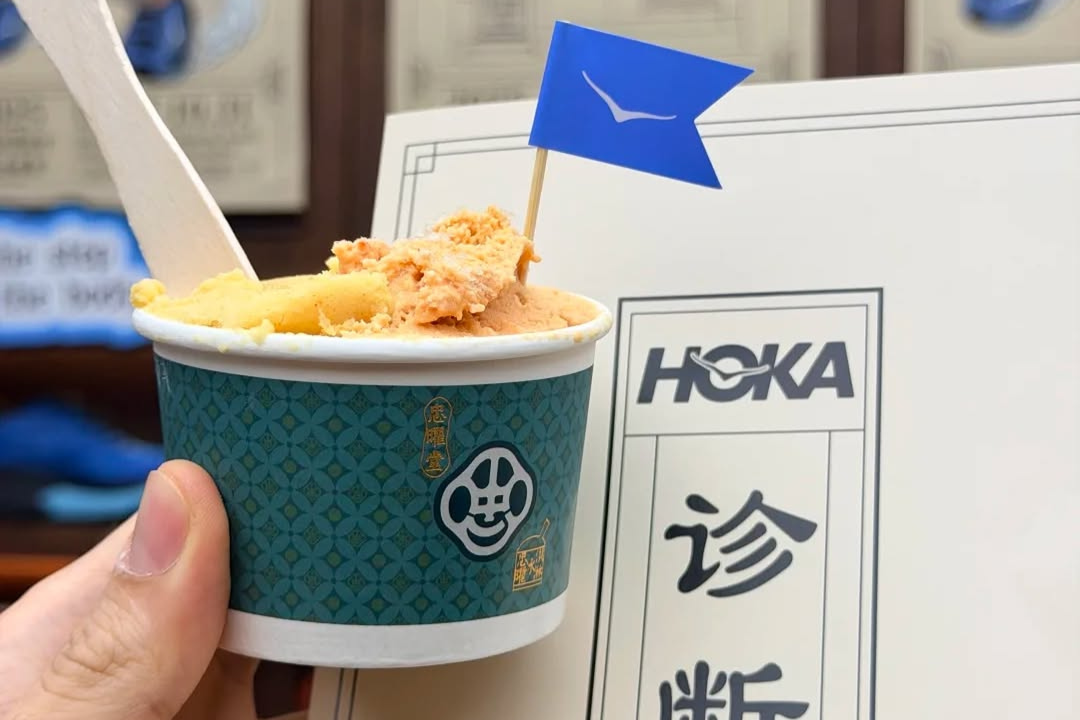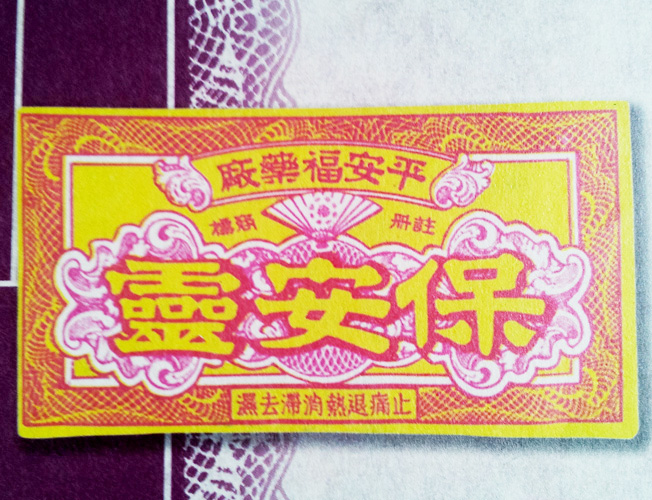Reading through the Weibo posts below, on foot soaking and traditional healthcare tips, you might think they’re from some old-school Chinese doctor. Instead, they’re from A-list Chinese celebrity Sun Li, who boasts over 37 million followers on the platform. She was the main character in one of China’s most popular TV dramas, Empress in the Palace, and a finalist for the International Emmy Awards; think Eva Longoria meets Meryl Streep.

(Top post: “Today is the beginning of spring, soak your feet in warm water each night to dispel coldness, great for your health”; bottom post: “Today is the beginning of the rainy season, soak your feet in warm water each night to dispel coldness, great for your health.” Basically, soak your feet all the time.)
Bizarre beauty tips from celebrities may not exactly be out of the ordinary (hello Gwyneth), but Sun’s messages can seem jarring due to their traditional, some might say dated, feel. Yet the trend of celebrity interest in throwback beauty care isn’t unique to her — many public figures in China regularly advocate that the best “beauty advice” is to be found within the legacy of Traditional Chinese Medicine (TCM).
 Who Uses Chinese Medicine, and Why?Article Mar 24, 2018
Who Uses Chinese Medicine, and Why?Article Mar 24, 2018
Yang sheng (养生) is a term that crops up again and again in such pronouncements. It roughly translates to the “nourishment of life” or “youth-keeping” and is used to describe a whole series of lifestyle hacks — from sleeping early, to diet tips, to tai chi — that have always been popular with older generations. You might wonder how this fits in with the trendy, young Chinese women of today, but yang sheng‘s popularity is rising quickly with everyone from white-collar office power ladies to celebrities on the big screen.
One manifestation of this trend comes in the form of rising sales of ox horn combs. The recent surge in popularity for ox horn combs is such that one top-seller on e-commerce platform Tmall sold 20,000 of them last month.

The preference for having a comb made out of ox horn instead of plastic or other materials dates back to the early 1500s. In the famous book Compendium of Materia Medica (本草纲目), which is widely hailed as the guiding text of Chinese medicine and herbal therapy, the ancient doctor Li Shizhen mentions that ox and sheep horn products contain a natural protein that can prevent headaches and loss of hair.
Doctor of TCM and Integrated Medicine, and teacher at Shanghai TCM University, Evan Pinto offers some insight into the theory behind the ox horn material:
Ox horn is used in Chinese herbal medicine, too — it helps improve the quality of the blood. And the hair is known as the “odds and ends of blood”. So healthy blood means healthy, lustrous hair.
Ox horn is made from keratin — the same material human hair is made of. It doesn’t generate static electricity like plastic combs, and it’s believed to be beneficial for hair and scalp health across the board. Look up any article in Chinese talking about ox horn and you’ll likely come across a raft of supposed benefits related to the material, including the stopping of headaches, prevention of baldness, cleaning of dirt and grime, spreading of natural oils, unplugging of follicles, prevention of split ends, exfoliation, and stimulation of blood flow in the scalp.
 Tiger Balm: Herbal Secrets Behind the World’s Most Popular Chinese MedicineArticle Feb 22, 2018
Tiger Balm: Herbal Secrets Behind the World’s Most Popular Chinese MedicineArticle Feb 22, 2018
Many women across China brush their hair methodically, counting 50-100 strokes daily to encourage circulation and promote healthier hair. On top of this, the rounded tips of the ox horn comb deliver a light massage to all the meridians on your head (trust us, there are a lot of them).
In the West, a lot of personal spending on beauty goes toward make-up and cosmetic brands. But in China, you can see a lot of strong roots that trace back to traditional skincare, or classical methods of “youth-keeping”.
As fast as China may have modernized in the last three decades, ox horn combs are a peculiar but telling indicator that the TCM legacy is still very much alive.
You might also like:
 Cups, Candles, Flails, Stones: Tools of Traditional Chinese MedicineArticle Jun 16, 2017
Cups, Candles, Flails, Stones: Tools of Traditional Chinese MedicineArticle Jun 16, 2017
 WATCH: Your First Chinese AcupunctureArticle Jan 18, 2018
WATCH: Your First Chinese AcupunctureArticle Jan 18, 2018



















